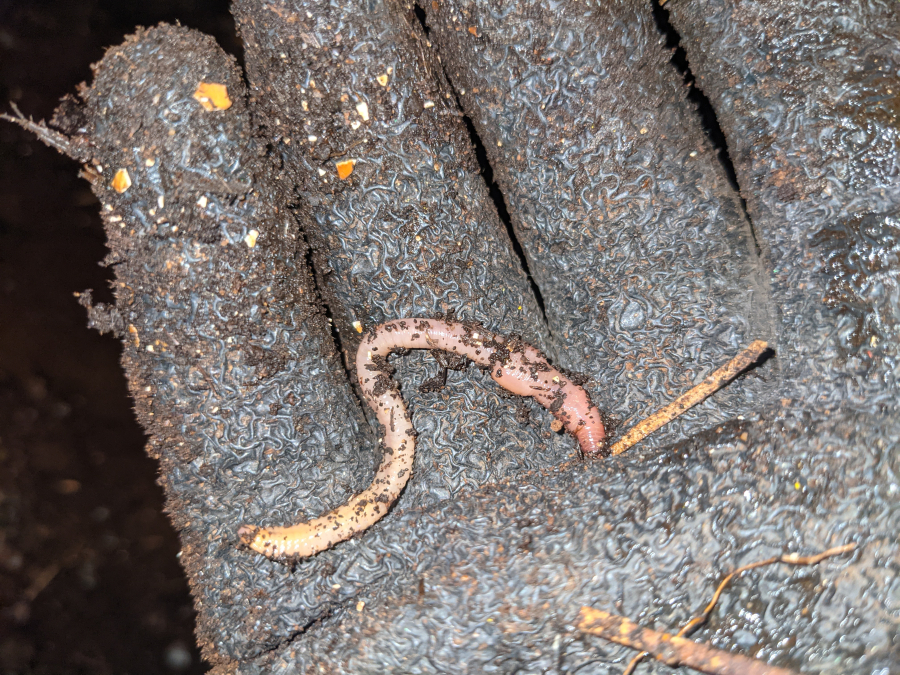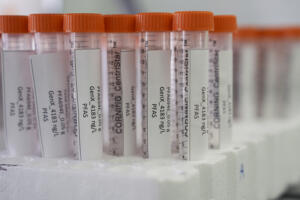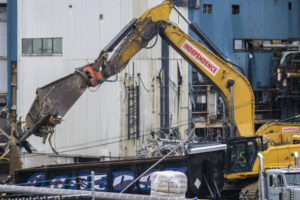Brandon Higgins, of Washougal, spent almost 15 years as a production worker for steel and plastic companies, but after undergoing two back surgeries in 2019, he began to seriously ponder a career change.
“I decided to fall back on something that I love,” he said. “It was becoming more problematic to do that kind of (production) work.”
After recovering from his surgeries earlier this year, he started a “worm farm” from his Washougal home. Now that he’s got it up and running, he’s in the process of turning it into a business called PNW Worm Farming that will sell soil-enriching vermicast compost and fish bait.
“(This business is) very easily sustainable,” Higgins said. “Unlike other farms, where you have to pay for the food that your animals need, people are willing to give me the food and resources that I need for my animals.”
Worm farming, or vermicomposting, uses various species of worms — usually red wigglers, white worms and other earthworms — to create a mixture of decomposing vegetable or food waste, bedding materials and worm manure, also known as vermicast.





